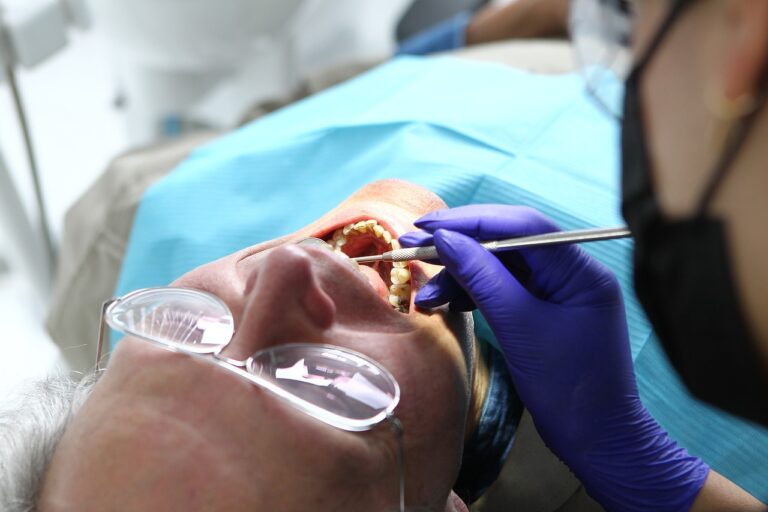How Healthcare Providers Are Addressing the Needs of Immigrants and Refugees
Providing culturally competent care is essential for healthcare providers to effectively meet the diverse needs of their patients. This approach involves understanding and respecting the cultural beliefs, practices, and preferences of individuals from different backgrounds. By integrating cultural competence into their practice, healthcare providers can build trust with patients and improve health outcomes.
Cultural competence also includes being aware of one’s own biases and actively working to overcome them. Healthcare providers should strive to create a welcoming and inclusive environment for all patients, regardless of their cultural or linguistic background. By embracing cultural competence, healthcare providers can enhance communication, reduce disparities in care, and ultimately promote better health for everyone.
Cultural Sensitivity Training for Healthcare Staff
Healthcare providers are increasingly recognizing the importance of cultural sensitivity in providing quality care to patients from diverse backgrounds. In response to this awareness, many healthcare facilities are implementing cultural sensitivity training for their staff. This training aims to help healthcare professionals develop the skills and knowledge needed to effectively communicate with patients of different cultures and ensure their needs are met.
Through cultural sensitivity training, healthcare staff learn to be more aware of their own cultural biases and assumptions, allowing them to provide care that is respectful and patient-centered. By gaining insight into the beliefs, values, and practices of various cultural groups, healthcare professionals can improve their ability to build trust with patients and deliver more tailored and effective care. With the increasing diversity in patient populations, cultural sensitivity training is becoming a crucial component of healthcare education and practice.
What is cultural sensitivity training for healthcare staff?
Cultural sensitivity training for healthcare staff is designed to help providers understand and respect the cultural beliefs, values, and practices of their patients in order to deliver more effective and culturally competent care.
Why is cultural sensitivity training important for healthcare staff?
Cultural sensitivity training is important because it helps healthcare staff avoid misunderstandings, build trust with patients from diverse backgrounds, and provide more personalized and effective care.
What topics are typically covered in cultural sensitivity training for healthcare staff?
Topics covered in cultural sensitivity training may include cultural awareness, communication skills, cultural competence, patient-centered care, health disparities, and strategies for providing culturally competent care.
How can cultural sensitivity training benefit healthcare providers?
Cultural sensitivity training can benefit healthcare providers by improving patient satisfaction, reducing medical errors, increasing patient compliance with treatment plans, and enhancing overall healthcare outcomes.
How often should healthcare staff receive cultural sensitivity training?
Healthcare staff should receive cultural sensitivity training on a regular basis, ideally annually, to ensure that they stay informed about cultural issues and continue to provide culturally competent care.





